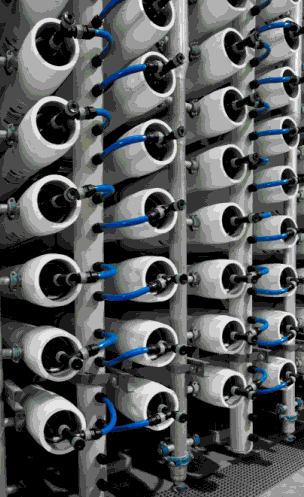Dam plans fix flows in WA
 The WA Government wants the private sector to help divert flows from the Collie River and desalinate it.
The WA Government wants the private sector to help divert flows from the Collie River and desalinate it.
The Barnett Government has committed $37 million to a proposed $380 million project to tackle salinity problems in Wellington Dam, banking on private sector and federal funding to help.
The proposal would see saline water from the Collie River diverted and desalinated, providing a fresh water supply for local farmers help drop salt levels in the Wellington Dam.
“Taking that salt water away from Wellington Dam will mean that quite quickly, over two or three years, maybe a little longer, the salinity level in the dam will drop by over 50 per cent,” Premier Colin Barnett said.
The 185 gigalitre Wellington Dam is the state's second largest surface water reservoir, but rising salinity has rendered it virtually useless to farmers in the Collie and Myalup irrigation areas.
“The salinity of the water that feeds the irrigation areas of Collie River is so high that less than 7,000 hectares of the available 35,000 hectares is used productively,” Water Minister Mia Davies said.
“Farmers in that region are just not choosing to irrigate or they are restricting to low value crops.”
The Myalup-Wellington Water for Food project - proposed by private group Collie Water – includes an initiative known as the Collie Water Solution.
The project will divert highly saline water from the Collie River into a disused mine void, before being desalinated at a privately-owned plant to be built near Collie.
The plant should be able to supply up to 20 gigalitres of fresh water for irrigation in the region.
The project also includes plans to move Burekup Weir further upstream to hold water on higher ground, where it can be gravity-fed to farmers.
Ms Davies said the project would not go ahead without substantial Commonwealth input.
“Certainly I am confident that they are aware that this is our number one priority,” she said.
“There is a funding round available at the moment. It closes in March. And we will have an application going in for funding from the Commonwealth.”







 Print
Print